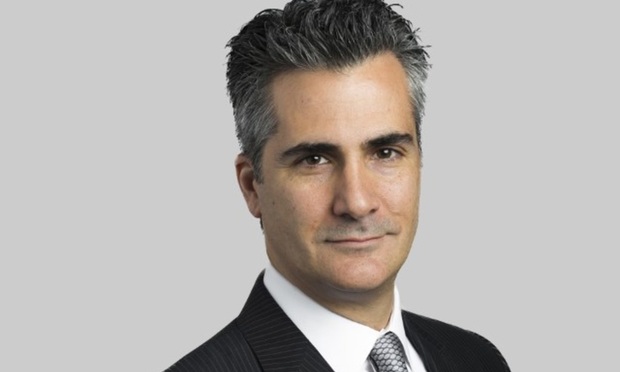In the early January lead up to his 2018 State of the State Address, New York Governor Andrew Cuomo unveiled nearly two dozen policy and legislative proposals. The 18th of those proposals sets forth a package of legislative initiatives collectively titled “Combat Sexual Harassment in the Workplace.” By seeking to ban all “mandatory arbitration” agreements, Proposal 18 presents one change to New York law that would have wide ranging effects on how private employers and employees navigate harassment (and possibly other) claims. However, other elements of the Proposal, though aimed at harassment in the public sector, may portend a future evolution of the laws regulating private employers. Forward-looking private employers wary of the often-unintended consequences of expansive legislation will rightly be immediately concerned by the legislative proposal to ban arbitration agreements.
Over the course of the month following the State of the State address, the Governor’s office has clearly signaled the crown jewel of his Proposal on sexual harassment is legislation to abolish the enforcement of mandatory arbitration clauses in employment agreements. In a January 30 press release detailing his proposals, the Governor promised that banning mandatory arbitration agreements would “help ensure that no one has to ever say the words, ‘Me too,’ ever again.” Receiving far fewer headlines, and relegated to a few bullet points trailing the mandatory arbitration messaging are other, seemingly narrowly focused, components of Proposal 18: (1) ending taxpayer funded settlements of claims against individual state actors; (2) an anonymous whistleblower process across all branches of state and local government; (3) a proposed uniform code of sex harassment policies across those same branches; (4) ending confidential settlements of sex harassment and assault cases in government cases unless “it is the express preference of the victim;” and (5) annual reporting by private employers with government contracts as to the number of “sexual harassment violations and nondisclosure agreements executed” each year.


 Michael Marra
Michael Marra




